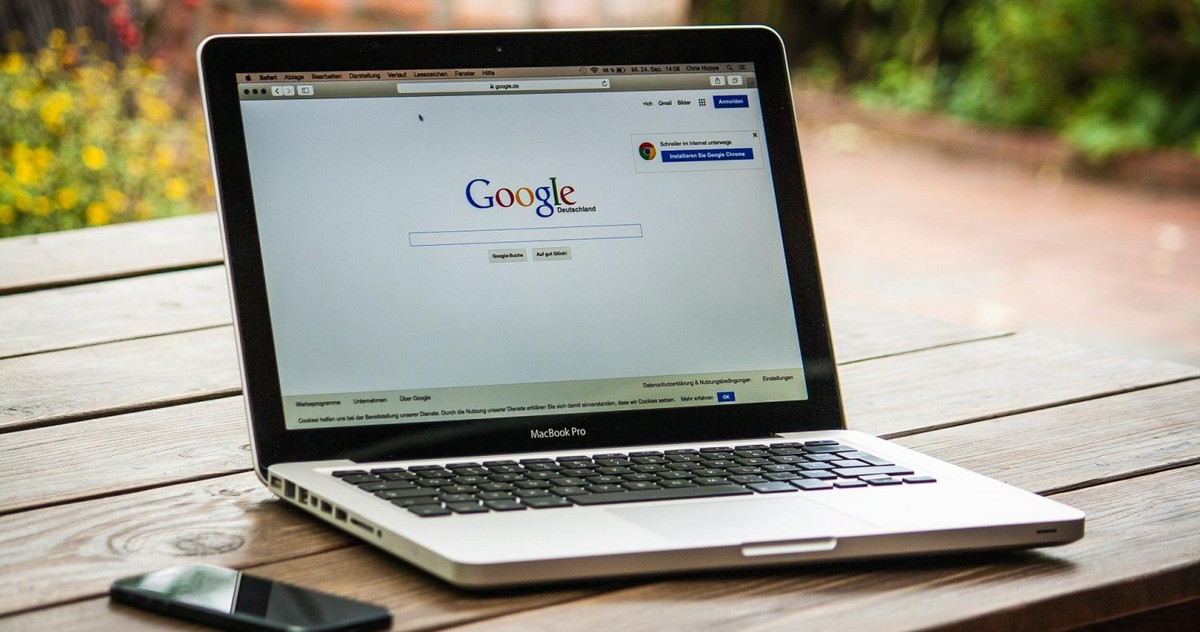Overview
Recommendations
Next Steps
Social media
Why the coronavirus might also have positive side-effects
The globalized world economy is currently facing the threat of a Covid-19 pandemic. Supply chains are being interrupted, events are being cancelled, and millions of people around the globe have lost their jobs. There is no doubt that the virus causes problems and grave suffering for many. But is there a chance that it also harbors opportunities for businesses? Prof. Nikolaus Franke, Academic Director of the Professional MBA Entrepreneurship & Innovation, took an up-close look at this question.

The Austrian-born management expert Peter Drucker has taught us that change is the most important source giving rise to business opportunities. In a world devoid of change, demand and supply converge towards a balance. Or in other words: entrepreneurial opportunities slowly gravitate toward zero. Changes, however, destroy the balance. Suddenly, new demands are born, followed by the equally sudden realization that the respective supply is missing.
Technological changes are an obvious example of transformations creating business opportunities. The rise of the internet in the 1990s, for instance, has opened up numerous new paths to entrepreneurship. The complex interplay of newly created possibilities and novel offers continuously produces new products, services, and business models. Search engines, online shopping, and social networks are just a few examples of entrepreneurial opportunities. Sergey Brin, Larry Page, Jeff Bezos, and Mark Zuckerberg are among the businesspeople who saw the chance and jumped at it.

Catastrophes, crises, and accidents can also be changes that temporarily tip the balance between supply and demand. Following the conquest of Constantinople by the Ottomans, numerous Greek scholars left the city to move to the Latin West. The wealth of knowledge transferred this way contributed to the rise of the Renaissance. Flood disasters and the urgent wish for safety and protection (a new demand) not only triggered the invention of countermeasures. The newly created supply, dams, eventually gave rise to the idea of systematically using water power. Major fire catastrophes pushed advances in the construction industry and the development of new materials. The First World War is the cause underlying the spread of inventions such as the zipper, sanitary napkins, blood banks, wrist watches, and tanning beds. All in all, catastrophes, crises, and accidents fuel the inventive spirit of people and therefore entrepreneurship. At the end of the day, humans are natural problem-solvers.
Which changes is the coronavirus bringing about? And which opportunities linger in media reports about the pandemic? Of course, there are no or only preliminary answers to these questions at the moment, and there is also no doubt that affected people suffer greatly. But one thing is for sure: many things have also changed for those not affected – and fortunately, that is the vast majority of the world’s population. For instance, there was a surge in the demand for protective masks and disinfectants. By swiftly responding and making the desired goods available, entrepreneurial opportunities have opened up that did not exist only a few weeks ago. And maybe we will soon see cheaper and more effective protective means of this kind as a further consequence. Also the development of more reliable rapid tests and vaccines is a promising new field of action. In the medium term, contingency planning and safety measures might be improved due to the virus so that humanity could end up better prepared for the next pandemic. Maybe the current experiences will also serve as a motivation to get vaccinated for the many people who have cared very little about preventive health measures so far. In Austria, for instance, only a tenth of the population is immunized against influenza. Bearing the country’s annual 1,500 influenza-associated deaths in mind, a change of mindset would certainly be an improvement. Against this backdrop, the fact that coronavirus is giving people a real scare today might also have positive side-effects and produce opportunities for entrepreneurship that should not be overlooked.

Successfully using a business opportunity usually translates into profit for the entrepreneur. The top places in the ranking of the world’s wealthiest people are populated by businessmen. Entrepreneurs do not usually act out of altruism. However, this does not mean that they are not greatly contributing to society’s well-being. This insight goes back all the way to Adam Smith: butchers, brewers, and bakers engage in their crafts out of regard for their own interests – yet in doing so, they manufacture useful products.
Is this also the case for entrepreneurial activities triggered by the coronavirus? Certainly not for all of them. Exploiting the general sense of alarm to eagerly market respiratory masks known to offer very little protection against a Covid-19 infection is clearly unethical. In such a scenario, self-interests and the benefits for society are in no way aligned. Also speculative buy-ups of certain products do not serve the common good in any way. In Germany, the entrepreneur Timo Klingler has set a questionable example. Already in January, he realized that there would soon be a high demand for masks. So he stockpiled large amounts for 60 cents apiece and is now selling them for 20 euros – per mask. A return rate of over 3,000% within a period of only two months is an astonishing feat – yet not an example of ethical entrepreneurship. With a view to societal benefit, however, the invested sum would have had a greater impact had it been used to boost production. Generally speaking, not all offers created to fulfill a certain new demand are a change for the good. Catastrophes create a climate of insecurity. It is easy to capitalize on people in alarm, and some are known to fuel panic out of self-interest. Innovations created to solve artificial problems are not useful in a world that has a large number of real problems.
Yet to a certain degree it makes sense to look for the business opportunities created by crises and disasters. The problems are real, and so is the demand for new solutions to them. It takes true entrepreneurs who are courageous, creative, invested in their cause, and willing to take risks to come up with novel ways of responding to challenges. Only entrepreneurship with these qualities can help keep the aftermath of the coronavirus pandemic in check – while, at the same time, possibly generating long-term benefits for society.
For more information about the Professional MBA Entrepreneurship & Innovation, please click here.